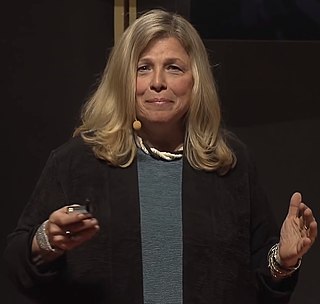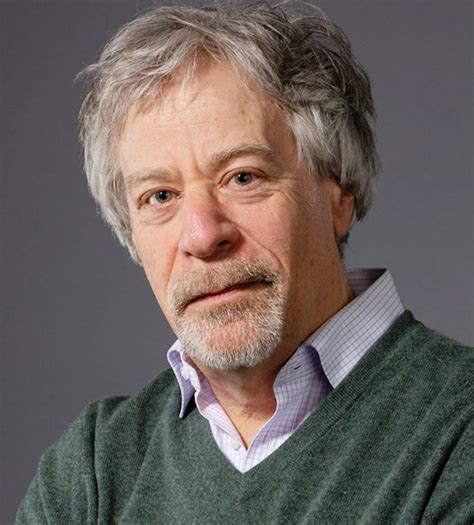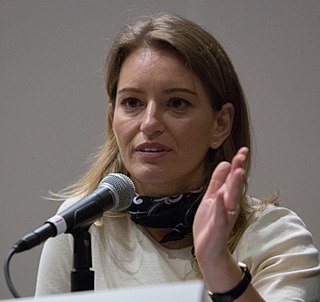A Quote by Cillian Murphy
I have a list as long as my arm but I find those lists sort of self-defeating because you start to name and then after [the interviewer] leaves the room you go 'Ah, I forgot this person or that person.' So I just don't do it anymore. Hopefully if you make work that people like, they'll get in contact with you.
Related Quotes
What I see is trying to make sure that everybody thinks you have more than what you actually have. What’s the point if you actually don’t have it? If you don’t have it, then you don’t have it. Have what you have. Enjoy that . . . The craft is everything. Don’t be afraid of not being the wealthiest person in the room. Be the smartest person in the room. Be the slickest person in the room. Be the most creative person in the room. Be the most entertaining person in the room. Just be in the room.
My word for someone who has a long list of things that have to be in place in order to be in love with someone is "lonely." Because very few people, if anyone, will fit that whole list. They might even seem to, but they're not going to. Most of us have lists that we can't fulfill ourselves and it also places a lot of pressure on the other person. Your partner is just a human being. They can't fulfill it all.
I can't stand those people, speakers in a room, they say this all the time, "If I can just help one person in this room, I've done my job." You have an audience of 500 people and your standard of success is one person? That's terrible. If you help one person in the room, you're an abject failure. You have to change something.
It does seem like if you're an interesting person and you have endless amounts of money to indulge your fantasies, then those fantasies will be plagued with guilt about that level of indulgence. It really becomes a self-defeating exercise in pursuing hedonistic desires in any sort of normal or guiltless fashion.
When something feels really big, too big to handle, just go very small. Just go real small, just look at the person next to you and look in their eyes and meet the person next to you, find out their name, change one person's life and make one call, write one letter, give one dollar. Whatever small thing feels like what you can do - it changes the course of the ship and that is all it is.
I do not invent characters. There they are. That's who they are. That's their nature. They talk and they behave the way they want to behave. I don't have a character behaving one way, then a point comes in the play where the person has to either stay or leave. If I had it plotted that the person leaves, then the person leaves. If that's what the person wants to do. I let the person do what the person wants or has to do at the time of the event.
I think the most takes I've ever done would probably be maybe 10, on like a big studio movie where you can do those. But after a while it's like, "It's not gonna get any better, this is what it is," the light's just gonna dull from your eyes. I think the more you do it, the less the actors listen to each other because then you start memorizing the other person's lines and you start getting bored.
When you're just starting out in the TV business, you don't know anything at all, and you think you're doing a better job than everyone else around you, and you just sort of presume that you're not getting the credit you deserve. And then when you start to get better, the pressure is extraordinary, and then you start to second-guess everything you do, and when people start looking to you for answers, for insight and for analysis and guidance, you start to wonder if you are the right person - even when you have all the information.
The great thing about acting is, because you're constantly playing other characters and exploring yourself because you have to find those other characters in yourself, you sort of broaden as a person over your life because you've been other people. So you can empathize with many different sorts of people. It's great in that way and I hope, therefore, as you get older as an actor, you not only get more interesting because you lived more, but you get a bit wiser as a person.
If you are a woman, if you're a person of color, if you are gay, lesbian, bisexual, transgender, if you are a person of size, if you are a person of intelligence, if you are a person of integrity, then you are considered a minority in this world. And it's going to be really hard to find messages of self-love and support anywhere. Especially women's and gay men's culture. It's all about how you have to look a certain way, or else you're worthless... For us to have self-esteem is truly an act of revolution, and our revolution is long overdue.




































